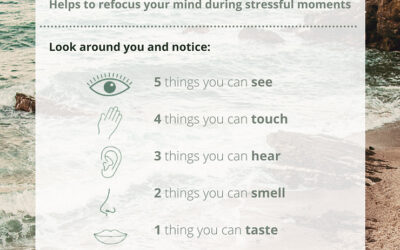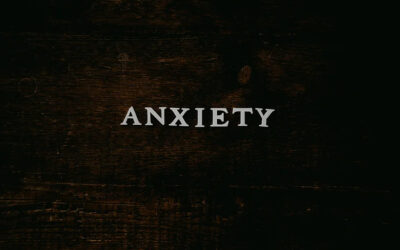This is a question that a lot of new clients ask during the consultation or initial session. There is a lot of misconception and mystery around what counselling actually is and what it can be used for.
Counselling is sometimes called therapy, or psychotherapy, and there are a lot of jargon terms for specific techniques such as Cognitive Behavioural Therapy (CBT), Eye Movement Desensitization and Reprocessing (EMDR), Narrative Therapy, Adlerian Therapy, and many more. It is easy to get lost determining what will be helpful for your particular reason for seeking help before even starting the process. Here are a few broad definitions of what counselling is designed for:
- Teaching you techniques to cope with and manage emotions.
- Providing research-based approaches to help you change your negative thinking, manage stress, improve your mood, and enhance the quality of your relationships.
- Modeling healthy relationship and communication patterns.
- Helping to increase your personal awareness.
- Promoting healthy behaviors.
Counselling can be conducted in a brief solution focused way to handle an immediate situation, or in longer more extensive forms to explore in depth help illuminate how you create meaning and make shifts in your understanding and communication.
In brief forms:
- Provides tools to handle immediate stress or recover from challenges in a few sessions. This addresses work stress, car accidents, life transitions, and may more issues rooted in the present moment.
- Focuses on effectively working with present and immediate issues, brief therapy does not generally explore family history or other lengthy assessments.
In more extensive forms:
- Helps you to overcome trauma or past events that continue to invade your everyday life.
- Helps to further understand yourself so you can more effectively navigate the stresses and complexities of your world.
Regardless of the time frame or specific counsellor, the ultimate goal of counselling is to improve your quality of life and provide you with greater self-awareness, confidence, and ability to communicate effectively which can lead to an overall happier and more fulfilling life.
Starting counselling can be a step toward being the healthiest version of yourself no matter which challenges you may be currently facing. There is a common misunderstanding is that something has to be wrong with your mental health, or that you have to have a particular diagnosis in order to see a counsellor. While having a diagnosis can highlight what the biggest challenges are, counselling can also be used for purposes other than immediate mental health concerns. An example would be if you notice that the stress of a job transition has been reducing your motivation, a counsellor can help you create strategies for effectively managing the stress to get the most out of your new job. Counselling can brief and used to provide tools to address a particular problem or situation in your life; or more long term with the aim to understand yourself more or to address traumatic issues that continue to emerge in your life.
Counselling typically begins with an assessment of what your strengths are as well as identifying the current road blocks. This will help your counsellor get to know you and understand the core issue or issues that you are motivated to work on. This process will likely also provide a deeper understanding of yourself and the concerns that brought you into the counselling room. This understanding will help you draw some connections and show patterns that you may not have seen before.
After the initial assessment, your counsellor will work with you to create a plan to support your journey towards a greater quality of life. While counselling is the main component of the work with a counsellor, you may also explore other relevant lifestyle interventions such as sleep, nutrition, exercise, and relaxation. For counselling to be most effective, it involves working together to equip you with meaningful ways of managing any challenges you are faced with and will help you find effective strategies to grow through even your most persistent and painful struggles.
If counselling sounds like something that would be helpful to you, but you still have questions I encourage you to send me an email, set up a free consultation, or book a session.



